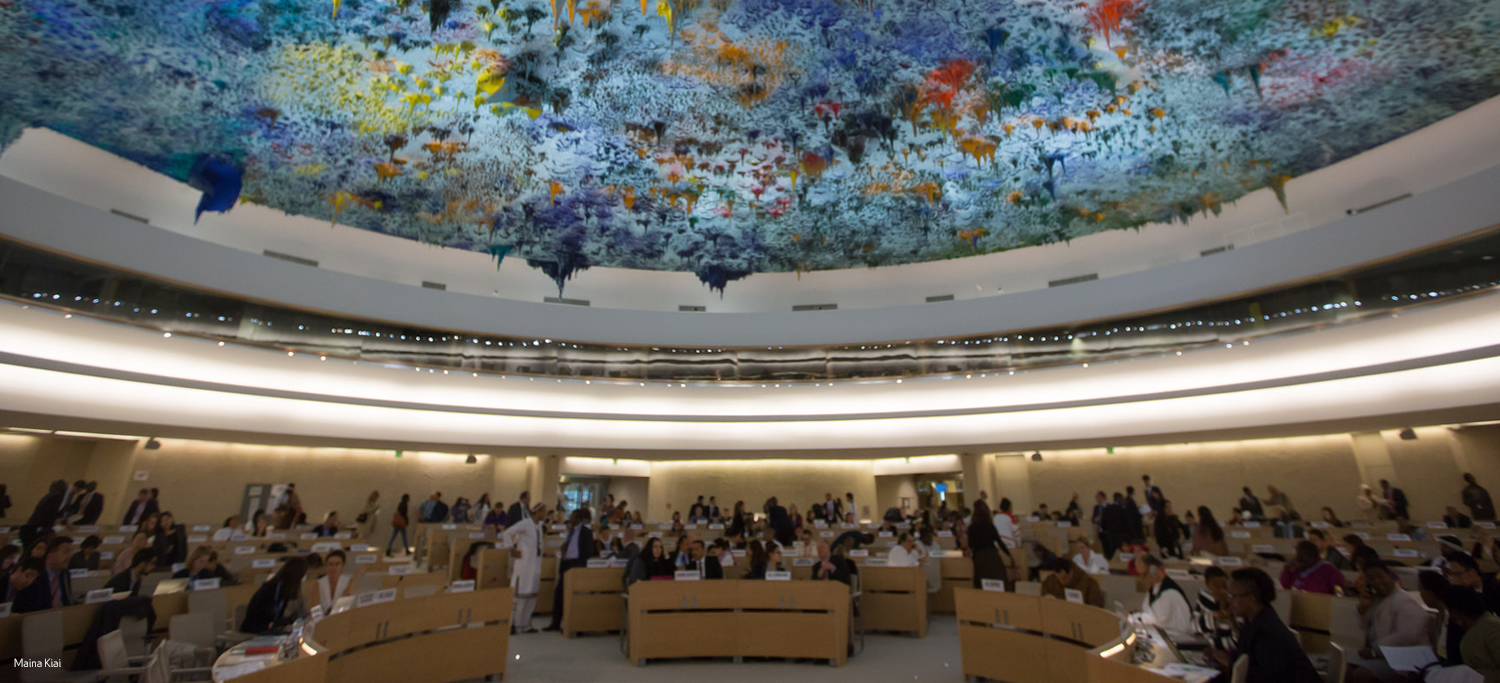What Works to Span Science-Policy Boundaries in International Geneva?
As COVID-19 and rampant climate change have shown, science is crucial to inform diplomatic exchanges and policymaking – from setting agendas to implementing policies. Switzerland and the international Geneva community have been creating opportunities for science to join the policy table and for policy to inform science for a long time, pairing knowledge and action for the common good. However, reflections and projects to harness this expertise and build a field of practice have only begun very recently. ‘Boundary spanning’ captures the essence of this field: it is the set of skills, knowledge and practices that actors develop to navigate the interface between science and policy.
Moving forward to professionalise the field of boundary spanning raises important questions: who spans boundaries in Geneva? And what can international Geneva learn and share from successful attempts and failures to align science and policy?
This session anchors these questions in the realities of the international Geneva ecosystem by providing an overview of actors and practices, inviting boundary-spanners from both academia and policy, and motivating reflections among the audience.
Session objectives:
- Share information on the knowledge and practices behind science-policy boundary-spanning
- Showcase actors and practices with and within the Geneva ecosystem
- Build a community of self-aware boundary-spanners
Speakers:
- • Prof. Pascal Peduzzi, Director GRID-Geneva (UNEP), Prof. at the UNIGE
- • Dr. Mary McAuliffe, Head Migration Research Division, IOM
- • Dr. Moira Faul, Executive Director, NORRAG/Geneva Graduate Institute
- • Nicolas Seidler, Executive Director, Geneva Science-Policy Interface (GSPI)
- • Maxime Stauffer, Senior Science-Policy Officer, Geneva Science-Policy Interface (GSPI)

